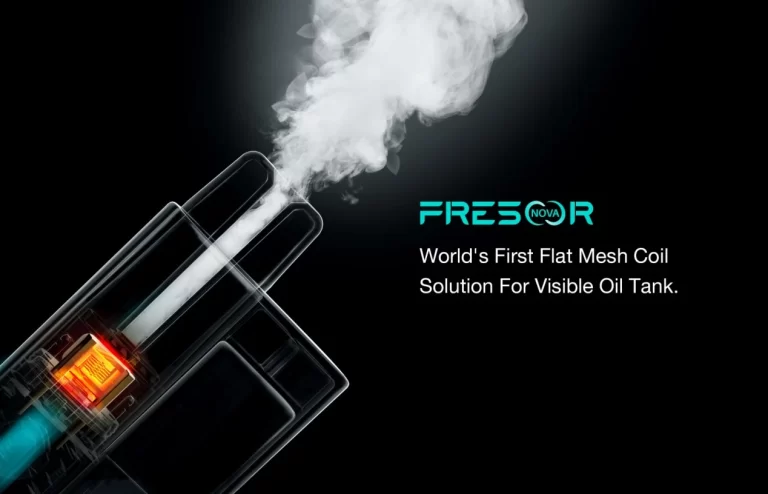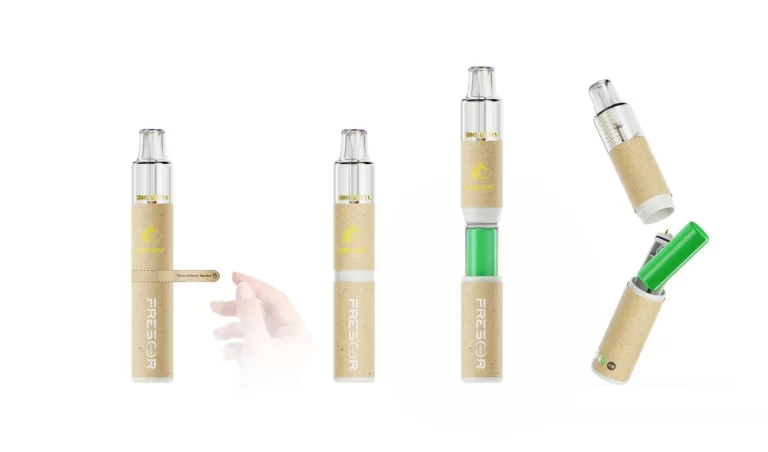Dutch media reported on March 26 local time that the flavor ban on e-cigarettes will be delayed for three months and will take effect on January 1, 2024. According to related reports, the reason for delaying the ban is that the impact of the ban on the relevant manufacturers was previously underestimated.
The main impact is that the restrictions on the white list of flavoring agents are too strict, resulting in a large number of flavors not being available on the market. Gewu Consumption once analyzed in detail in the December 2022 tweet “Announcement of the White List of 16 Additives in the Netherlands (with the process of making the ban)”:
The official gazette of the Dutch government, Staatscourant, has released a new regulation that allows a white list of 16 e-cigarette additives. At that time, the relevant regulatory agencies stated that under the premise of only adding 16 additives in the white list, 25% of the flavors of existing e-cigarette products can still be listed.
But at that time, there was a view that the ingredient restriction would almost shut down all e-liquid companies in the Netherlands. The reason is that on the one hand, they have to give up existing flavors, and on the other hand, they cannot create new flavors that are compliant. Esigbond, the Dutch vaping association, believes that 80% of its members will cease business.
The latest research results show that the relevant Dutch agencies have indeed overestimated the percentage of products that can actually be marketed. It is currently estimated that the flavors that e-cigarette manufacturers can continue to produce are between 2% and 23%. That said, the actual impact was greater than previously expected, so Dutch Secretary of State for Health, Welfare and Sport Maarten van Ooijen gave tobacco manufacturers more time to deal with the change.










